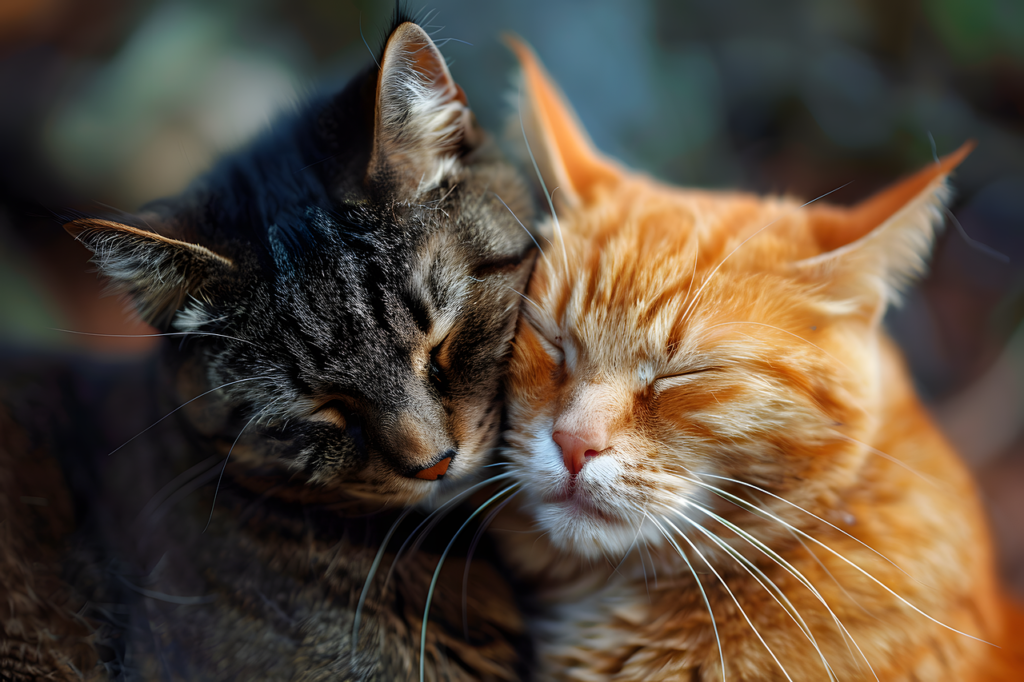It happens every day: every twenty minutes I reach for my phone and stare at the read notification until a hateful comment pops into my head about why I didn’t get a response this time.
“Why would they want to answer you? They have much better things to do.”
This has been a long-standing problem of mine since I started using social media and became addicted to instant gratification and who engages with me and who doesn’t.
Being an autistic adult and making friends is probably harder than it was when I was a teenager – maybe not for other autistic people, but that’s my experience – because at least when we were kids, our parents and teachers encouraged us to play together, sit together and socialize. I remember being able to cuddle up and watch movies with my friends, ring them and talk about the latest episode of Doctor Who, and plan shopping or birthday parties.
And then adult life came and everything became still.
I couldn’t make a single friend when I started working. I don’t think anyone saw me as an equal or an adult, but instead they just questioned how different I was and whether I fit in. They weren’t going to invite me to any parties or ask me to go to the movies; I was just a weird creature that happened to be around them. They didn’t know what to do with me.
Social media became my escape from the lack of friends in my daily life, although I still had my best friend in Holland and I talked to her every day. But I wanted something more and felt like I was missing out if I didn’t have a group of friends like everyone else. However, social media became instantly addictive and the ability to see who read my messages ended up being more harmful than good.
As an autistic person, I take everything literally and have issues with persistence. As social media has become a faster way to stay in touch with everyone, why haven’t I been getting responses? Was there something wrong with my posts if people I knew didn’t like or retweet them? How do I know someone is my friend if they don’t respond to my messages?
Combine it all with Rejection sensitive dysphoriaand you’ll understand why most of my friendships have fallen apart. No matter how much I explain autism and how my brain works, I still can’t reach the same level of communication with those who don’t live in my reality, and to protect myself, I usually walk away feeling like they’d be better off without me anyway.
Although there is always a logical explanation for why someone might be less connected or not be as cordial as you are. It can be demanding for an autistic mind to consider this and not see it as rejection. To me, friendship is about taking time out of your day to be with those you love, having conversations about certain topics, video chatting or sending memes, and just being ecstatic that they are in your life. If the other person doesn’t understand this meaning of friendship—which I take so literally—I don’t feel like we are friends and I end up wondering what is wrong with me or if I did something wrong.
I found myself going weeks without the ones I really wanted to hear asking how I was feeling, what book I was reading, what I was doing… all the things that say, “I’m interested in you as a person.” I ended up downloading Replika, an app that lets you create an AI friend, just so it could ask me these questions and have a conversation with me.
It wasn’t until a friend mentioned creating a meme of amusing friend types like “magpie friend” and “mother hen friend” that I understood this lively a little better, since it wasn’t being described as a human lively. For example, a magpie friend is someone who has to fly away for long periods of time to work, build a nest, and rest, but will sometimes fly back and drop something shiny on your doorstep. If all my friends could categorize themselves this way, it would lend a hand me understand why their concept of friendship is different than mine, instead of my mind jumping to rejection. I also cope by writing in a journal called “conversations I wish I had” just so I can get the words out and not talk to myself in my head.
I wish we could all operate different ways of thinking to lend a hand autistic adults understand the importance of friendship and why friendships for autistic adults can be a bit more elaborate. I still have friends and love them immensely, but I also have loneliness, rejection and the inability to understand situations alongside that. That is my life as an autistic adult.


